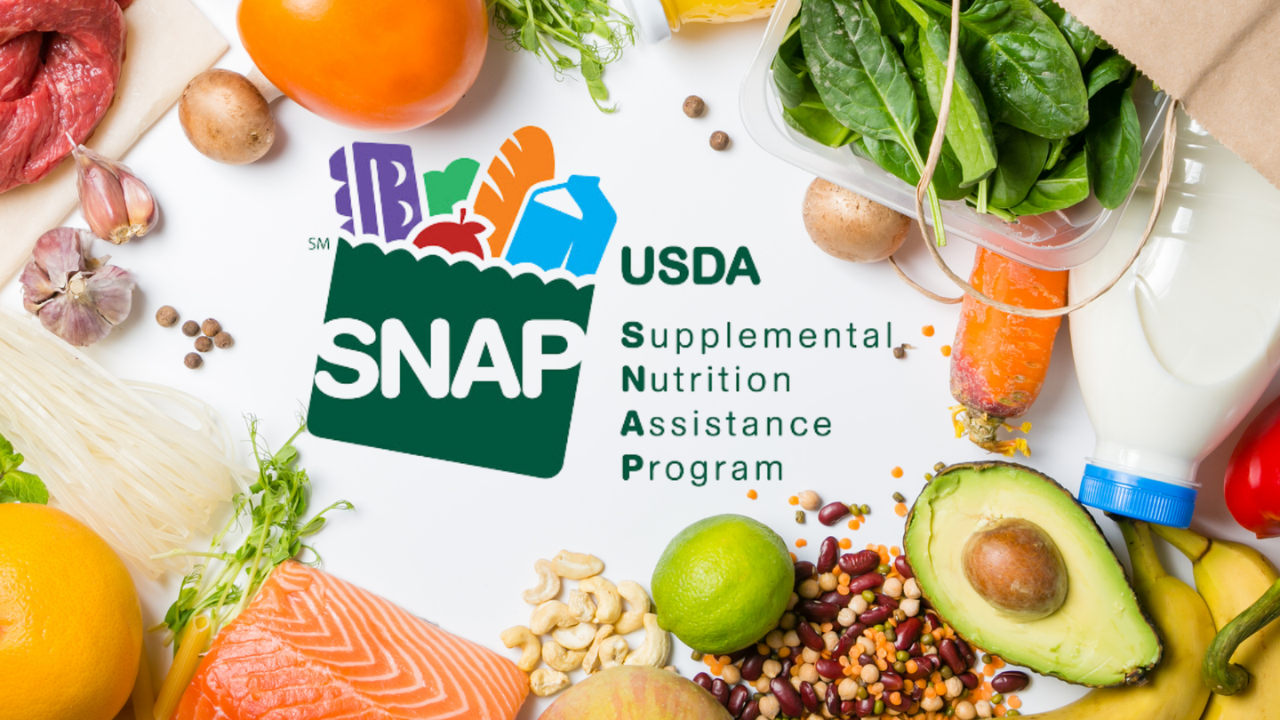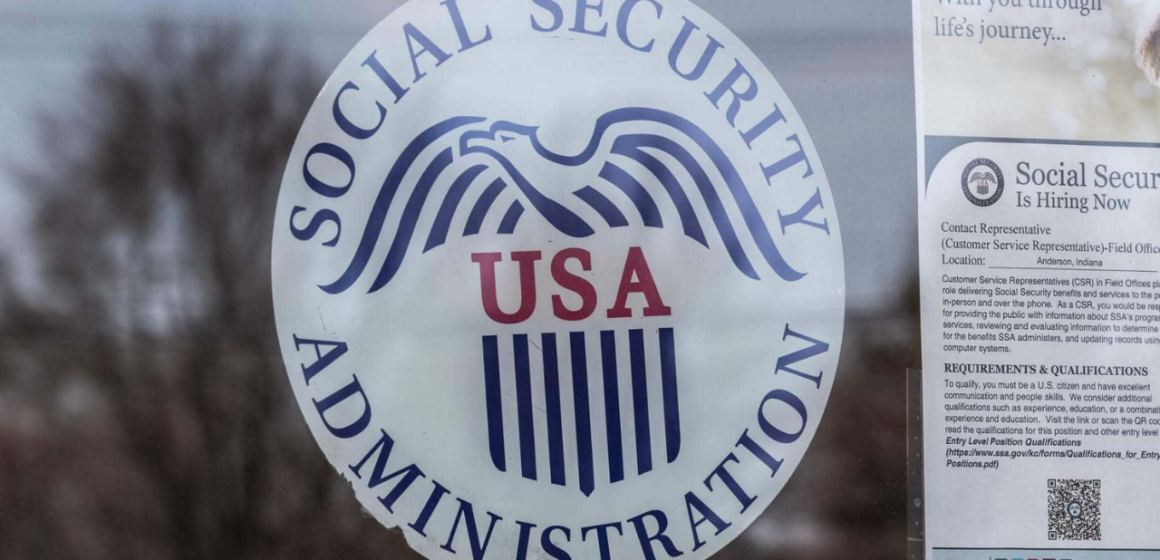A government shutdown disrupts many federally funded services, but Social Security benefits remain largely unaffected. However, other programs and services face challenges that could impact millions of Americans.
Here’s a simplified explanation of what happens during a shutdown and how it affects Social Security and other benefits.
Social Security Benefits Are Safe
Social Security is classified as a “mandatory program,” meaning its funding is not tied to the short-term continuing-resolution bills that keep other government operations running. This ensures that:
- Payments Continue: Over 72.8 million people who rely on Social Security—such as retirees, individuals with disabilities, and dependents—will still receive their monthly benefits.
- Delays in Services: Accessing customer service from the Social Security Administration (SSA) may become challenging. Tasks like issuing new cards, verifying benefits, and addressing overpayments may face delays due to furloughs.
Challenges at the Social Security Administration
The SSA is already operating with staffing levels at a 50-year low. In September, House Republicans rejected increased funding for the agency, leaving it under-resourced.
A government shutdown could further strain the SSA, making it difficult for those needing immediate assistance to get timely responses.
How a Shutdown Impacts Other Federal Benefits?
Supplemental Nutrition Assistance Program (SNAP)

SNAP, formerly known as food stamps, helps millions of Americans afford groceries. During a shutdown:
- Benefits will continue for 30 days.
- Beyond that, reserve funds will be used, and staff furloughs at the U.S. Department of Agriculture (USDA) may delay benefit distribution.
Special Supplemental Nutrition Program for Women, Infants, and Children (WIC)
WIC supports low-income pregnant women, new mothers, and young children with food and nutrition assistance.
- This program has limited emergency funding.
- If funds run out, administrators may need to prioritize those in the greatest need.
Other Areas of Concern During a Shutdown
Food and Environmental Inspections
Shutdowns can disrupt critical regulatory services:
- The Food and Drug Administration (FDA) may postpone inspections. For instance, nearly 900 inspections were delayed during the 2013 shutdown.
- The Environmental Protection Agency (EPA) may halt inspections at thousands of sites, potentially increasing risks to public health and the environment.
National Parks
National parks may remain open, but visitor services like guided tours, trash collection, and maintenance could stop. In previous shutdowns, this led to issues such as trash buildup and vandalism.
Air Travel
Air travel is particularly vulnerable during a shutdown:
- TSA Agents and Air Traffic Controllers are required to work without pay, leading to increased stress and absenteeism.
- During the 2018-2019 shutdown, airports like LaGuardia faced delays and ground stops due to staff shortages.
Economic Impact of a Shutdown
The effects of a prolonged shutdown extend beyond individual programs:
- The 2018-2019 shutdown, lasting 35 days, cost the U.S. economy over $11 billion, according to the Congressional Budget Office.
- Indirect costs, such as delays in government contracts and reduced consumer confidence, further harm economic growth.
What You Can Do?
If you depend on government programs, here are some tips to navigate a potential shutdown:
- Social Security Users: Ensure your contact information with the SSA is up to date. If you anticipate needing assistance, act early to avoid delays.
- SNAP and WIC Recipients: Plan for potential disruptions and stay informed about updates from program administrators.
- Travelers: Arrive at airports early and be prepared for longer wait times if the shutdown affects TSA operations.
Conclusion
A government shutdown may not halt Social Security payments, but it can create widespread disruptions across other programs and services. From delayed food inspections to longer airport lines, the effects are felt in everyday life.
Prolonged shutdowns also have a significant economic cost, making it essential for policymakers to resolve funding issues quickly.
By staying informed and preparing for potential delays, you can minimize the impact of a shutdown on your daily routine.
Note: Every piece of content is rigorously reviewed by our team of experienced writers and editors to ensure its accuracy. Our writers use credible sources and adhere to strict fact-checking protocols to verify all claims and data before publication. If an error is identified, we promptly correct it and strive for transparency in all updates, feel free to reach out to us via email. We appreciate your trust and support!



Leave a Reply